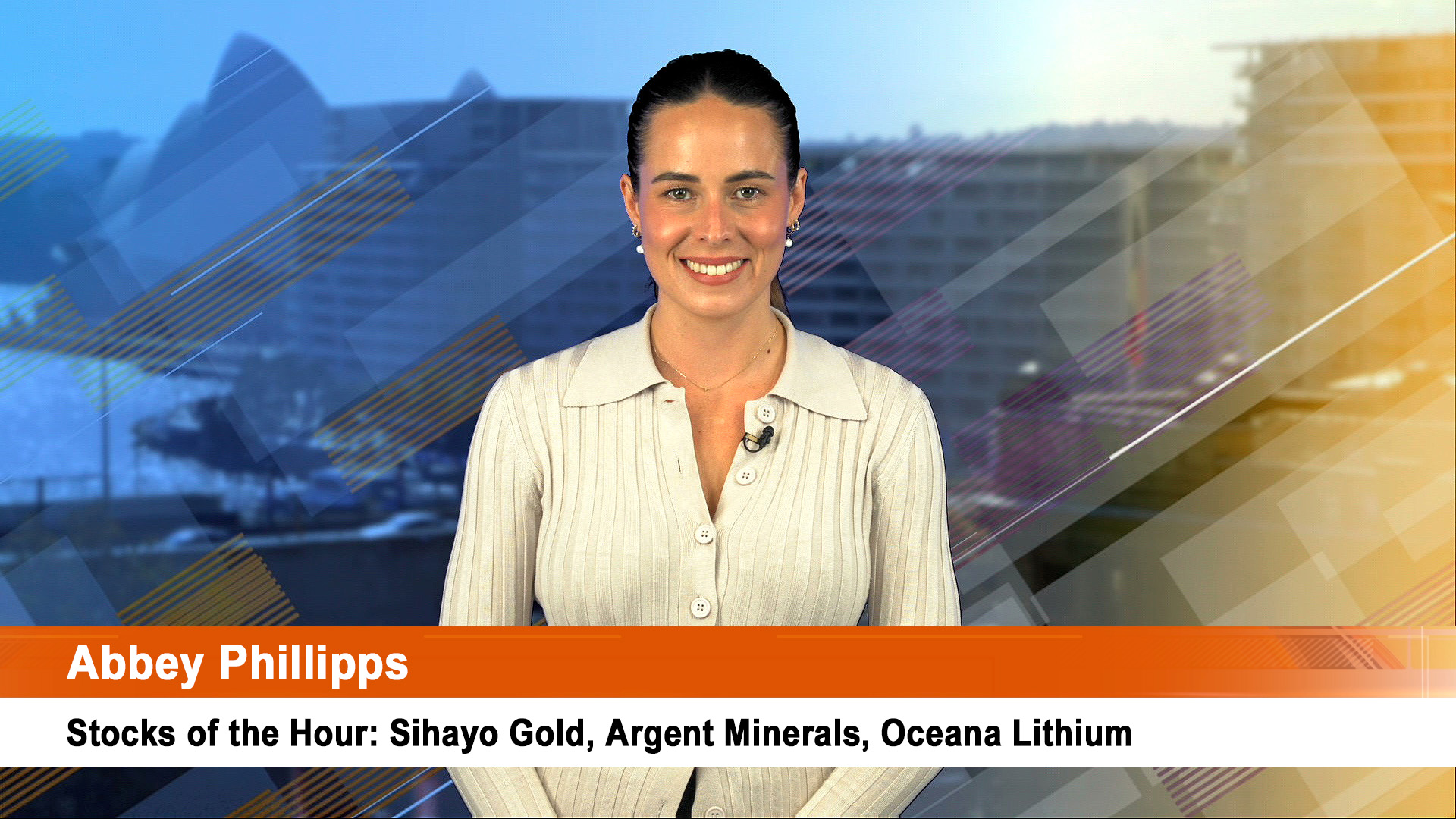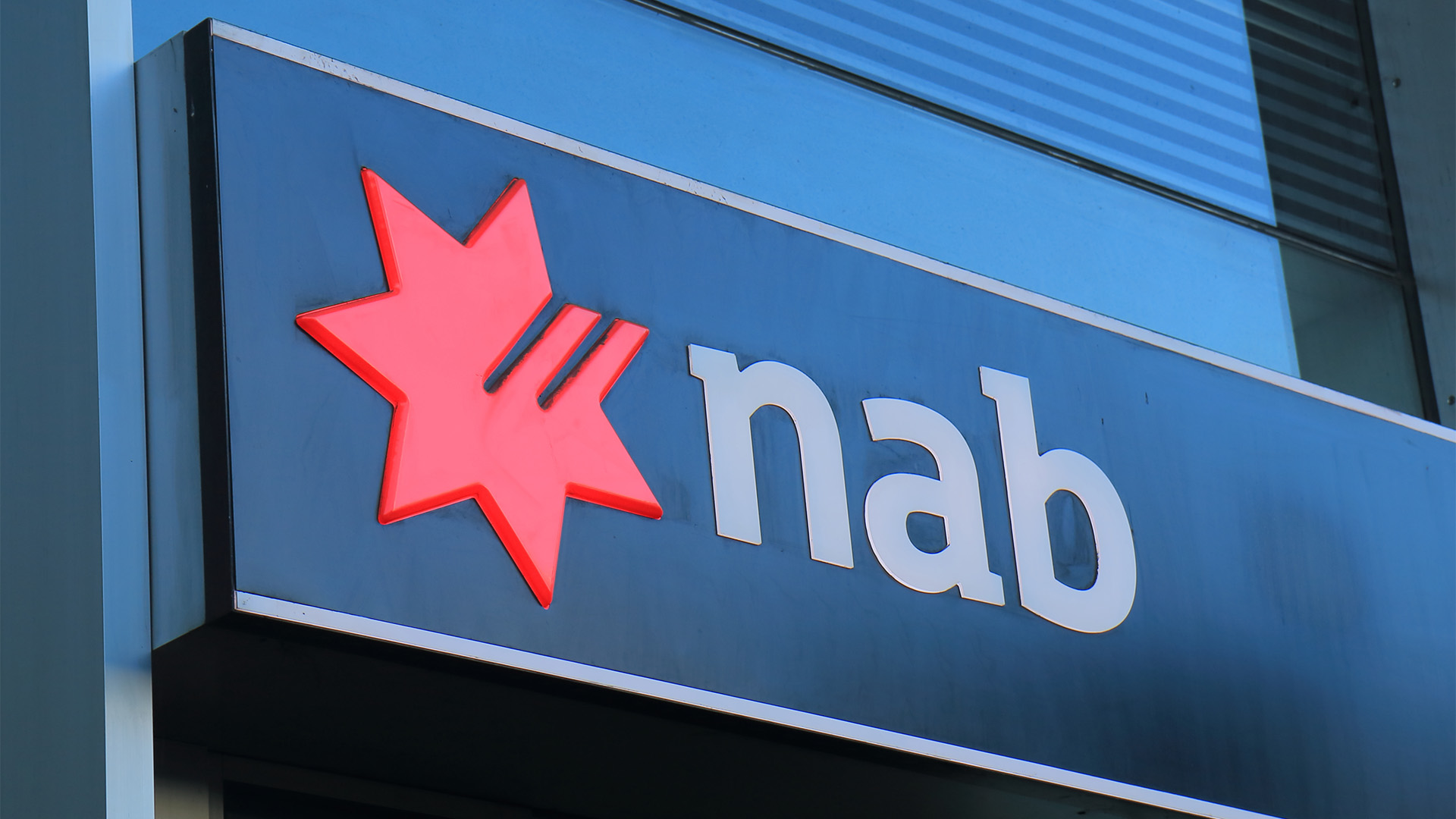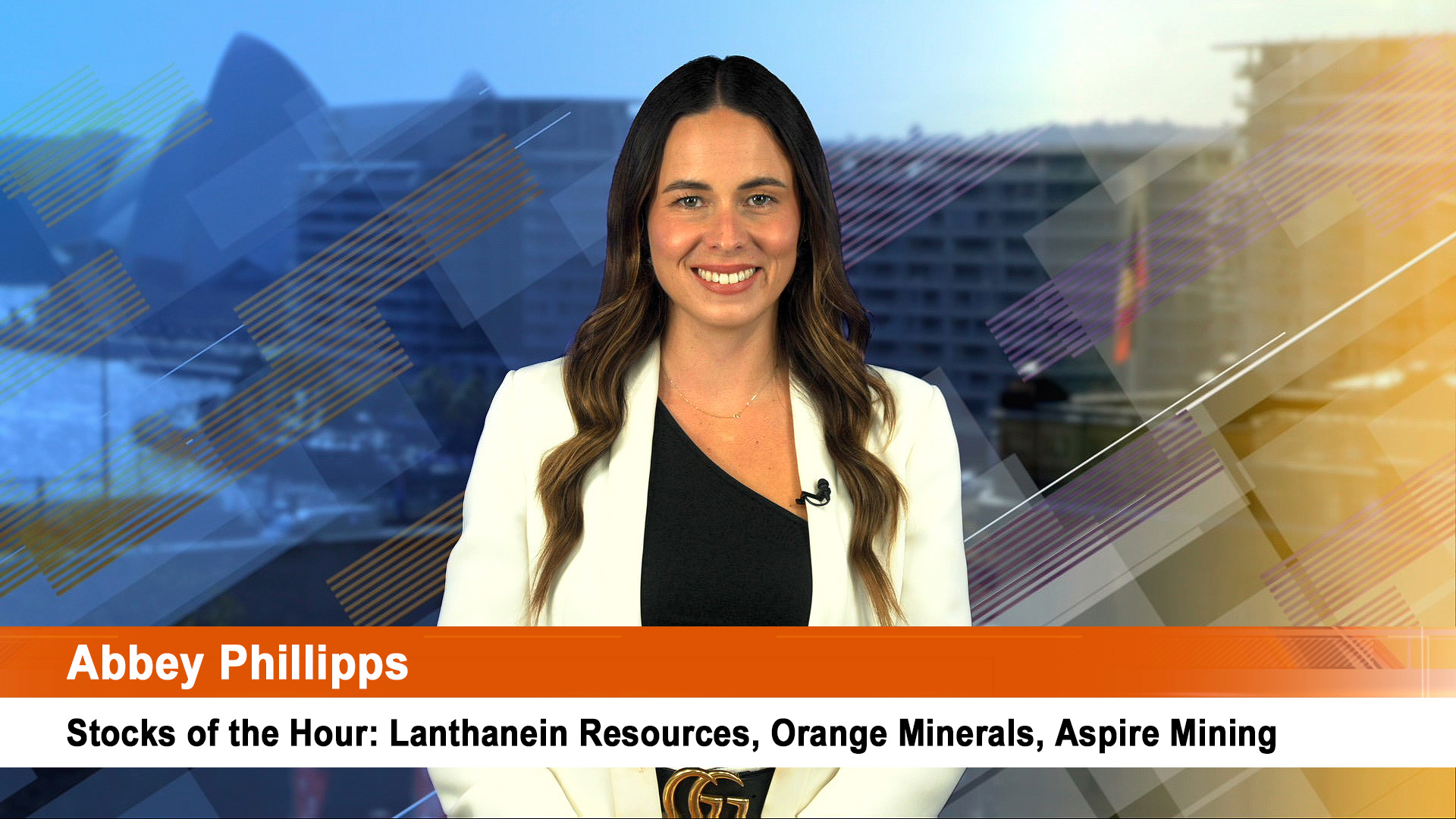Wesfarmers and private equity groups led by Pacific Equity Partners have bid $19.7 billion for fading retailer, Coles Group.
After a day of speculation news of the full bid was revealed early yesterday evening by Wesfarmers.
It’s the biggest takeover of an Australian company and puts the weights on rivals led by US private equity group, KKR, to better the price of $16.47 a share or drop out of the race.
Wesfarmers said it will offer $16.47 a share in cash or stock, 8 per cent more than the last bid for Coles from KKR last October.
Wesfarmers says it will bid for all of Coles, keep the Target and Officeworks chains and then spin off the Coles’ supermarkets, liquor stores, Kmart and Coles Express petrol business in a venture half-owned by it and the rest owned by the buyout firms.
Wesfarmer’s partners are PEP, which has significant fast food, liquor and food and other retailing interests in Australasia, Macquarie Bank and the UK buyout firm, Permira, which is said to be the biggest in Europe.
Wesfarmers will own have the joint venture controlling the supermarkets, liquor and petrol) and the remainder will be owned 35 per cent by Permira, 10 per cent by Pacific Equity Partners and 5 per cent by Macquarie Bank.
Former Coles supermarklets chief, Steve Cain is slated to run that. he works at PEP and left Coles in late 2004 after falling out with CEO John Fletcher.
Wesfarmers operates the Bunnings hardware chain and has significant interests in coal, insurance, industrial gases and industrial supplies and safety products.
In a statement to the ASX last night Wesfarmers said it had voting power over 11.3 per cent of Coles issued capital and a relevant interest in 126.7 million Coles shares.
That’s enough to block a conventional counter bid looking for 90 per cent acceptances.
“Wesfarmers’ proposal will see Coles remain in Australian hands and Coles’ shareholders can share in potential benefits of restructured Coles’ operations as well as Wesfarmers’ continuing growth.
“Wesfarmers’ proposal can be implemented quickly without regulatory delays.”
The deal would be done through a scheme of arrangement: the price is $16.47, ex the interim dividend of 19.5c a share and Wesfarmers said it is in the process of holding discussions with Coles, with a view to agreeing an accelerated timetable for due diligence and transaction documentation and will provide further details as those discussions progress.
“The proposal will allow Coles Group shareholders to retain the 19.5 cent dividend declared on 26 March 2007 but is conditional on there being no further capital or dividend distributions by Coles Group. Coles’ shareholders will have the right to choose between 100 per cent cash consideration and a Wesfarmers scrip/cash alternative.
“Many Coles Group shareholders will be eligible for scrip-for-scrip CGT rollover relief if they elect for Wesfarmers scrip.
“Under the scrip/cash alternative, each Coles shareholder will be able to choose their preferred mix of cash and Wesfarmers scrip, subject to a cap on the total scrip component being issued to those Coles’ shareholders that choose the scrip/cash alternative.
“The total number of new Wesfarmers shares that will be available as consideration to Coles’ shareholders will be approximately 25 per cent of the total value of the Coles shares to be acquired under the scheme of arrangement. ‘
“Following the successful acquisition of Coles, Wesfarmers intends to restructure the company along the following lines:
“· Coles’ Everyday Needs businesses – Food, Liquor and General Merchandise (K Mart) – would be owned by Wesfarmers and its consortium partners, funds advised by Pacific Equity Partners and Permira, and Macquarie Bank. Wesfarmers would hold approximately 50 per cent of the Everyday Needs businesses, which will be majority Australian-owned and which will be structured with typical private equity characteristics.
“· Wesfarmers would own Officeworks and Target outright.
Wesfarmers Managing Director Richard Goyder “Our Bunnings business is Australia’s third largest retailer. It has a network of more than 210 stores and over 24,000 employees across Australia and New Zealand. Sales this year are on track to exceed $4.6 billion and 2006 earnings before interest and tax were $420.5 million.”
“Our indicative proposal comprises a cash offer or an alternative of a combination of Wesfarmers’ shares and cash which would allow Coles shareholders to participate in the growth of their restructured company. It is not conditional on any regulatory approvals and is capable of implementation on a significantly accelerated timetable relative to other options for the sale of the company.
………
In a separate statement to the ASX which will be sent to shareholders Coles chairman, Rick Allert said.
“The Company has today received a conditional proposal from Wesfarmers Limited to acquire all of the issued shares in the Company for an indicative price of $16.47 per share.
‘If Wesfarmers ultimately makes an offer, it would allow shareholders to choose between an all cash offer or a mix of cash and Wesfarmers’ scrip through a scheme of arrangement.
“Wesfarmers has described its proposal as non-binding, indicative, incomplete and as expressing its current intentions only. The proposal was also submitted on the basis of immediate commencement of due diligence.
“Coles Group will now enter into discussions with Wesfarmers with a view to agreeing an accelerated timetable for due diligence.
“The Wesfarmers proposal for the whole of the Company reinforces your Board’s view that we have a set of unique and very valuable businesses in the Coles Group.
“The level of interest in these assets remains high and we are committed to maximising value for you by continuing to run a competitive ownership review process.













